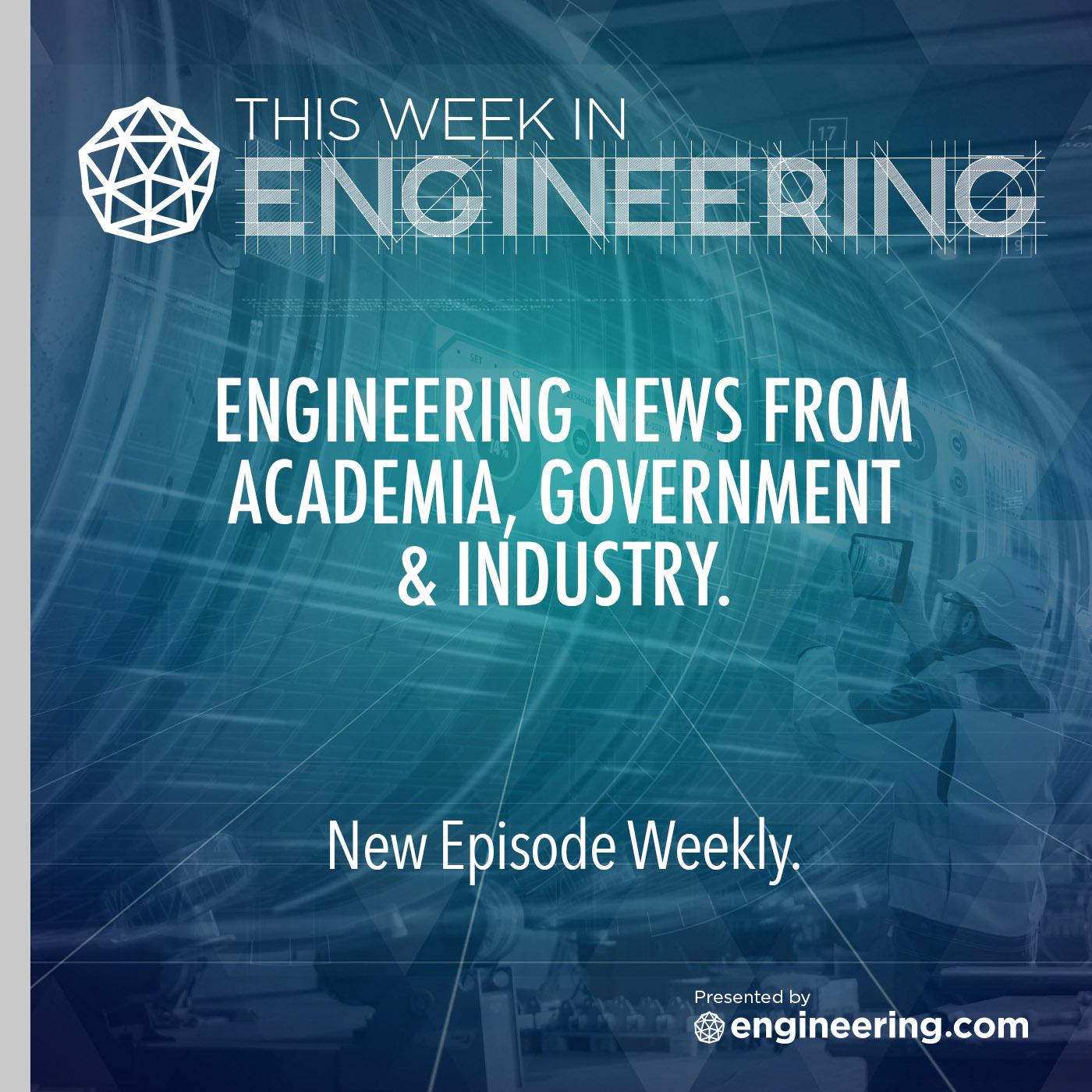Tesla Talks Artificial Intelligence and Nuclear Micro-Reactors for the USAF
Description
The U.S. Air Force has announced that Eielson Air Force Base in Alaska will be the site of the services’ first micro-nuclear reactor. The vendor has not yet been announced, but the selection represents the first firm commitment for production type transportable nuclear power systems for base use. The Pentagon is operating a joint force development program for micro-reactors called Project Pele in parallel, with an eye toward a mass producible reactor design by 2022. If successful, the programs may create a new generation of shipping containers sized, truck and air transportable intrinsically safe power systems in the single digit megawatt output range.
The road to self driving has proven much more difficult than many developers in the computer industry originally thought. Tesla is using a unique approach, with cameras only and the lack of radar or lidar images requires systems that must understand video images at a very high level of reliability. To achieve this, Tesla has developed an in-house artificial intelligence system called Dojo. The company has just released a white paper describing a new framework for coding in dojo that replaces an older IEEE standard that was notoriously heavy on processor and memory capacity. Google Brain, Google’s similar in-house AI unit, has their own standard. This could be a VHS versus Beta moment.
Access all episodes of https://www.engineering.com/viewAll?category=this-week-in-engineering (This Week in Engineering) on engineering.com TV along with all of our other series.
More Episodes
Venerable diesel engine builder Cummins has introduced a fuel agnostic heavy truck engine that uses an interesting modular design to create a single internal combustion powerplant capable of operating on diesel fuel, biodiesel, and gaseous fuels such as hydrogen, biogas or natural gas....
Published 04/12/24
Published 04/12/24
Reducing the carbon footprint of the chemical industry requires a two-pronged strategy: reduction of fossil fuel use as an energy input, and capture and reuse of carbon dioxide generated by chemical processes themselves.
* * *
Want to watch this podcast as a video? This Week in Engineering is...
Published 04/02/24


